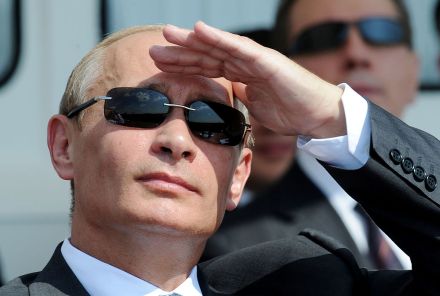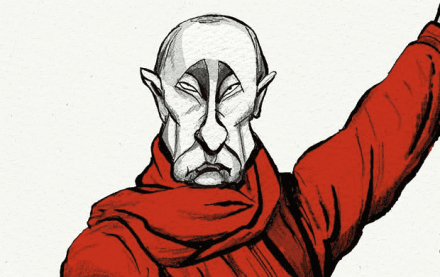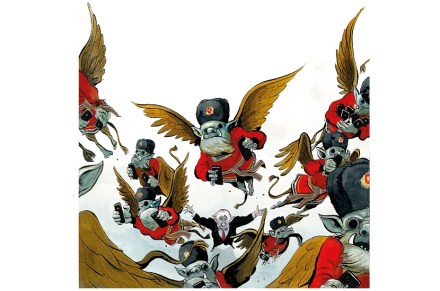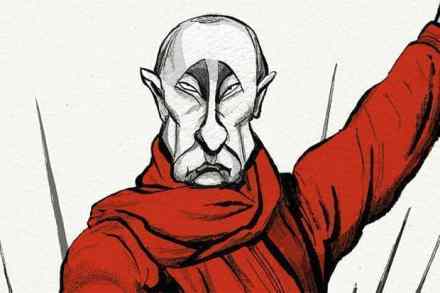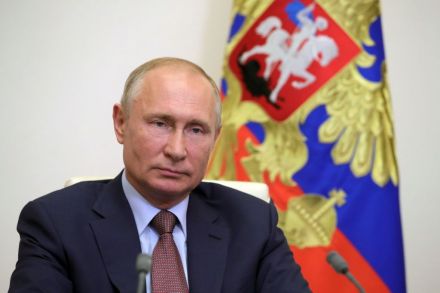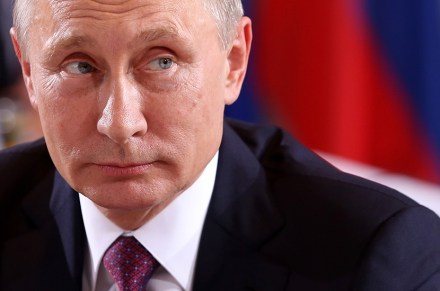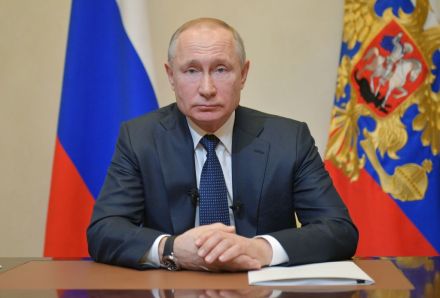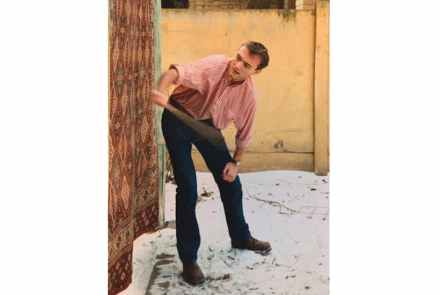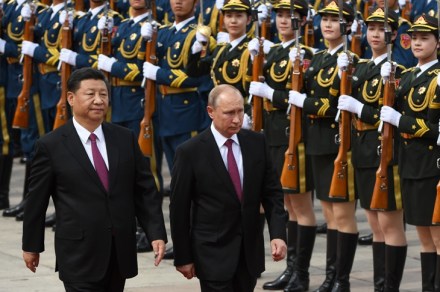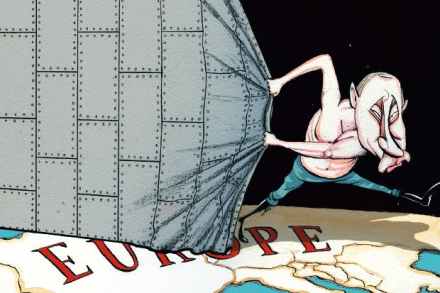Why Navalny is becoming a danger to Putin
The man with no name is now a prisoner with a number. Alexei Navalny, the Russian opposition leader poisoned by security officers back in August, flew back to Moscow yesterday and was promptly arrested. Whether this is symbolic catch-and-release or a sign that the Kremlin plans to bury him – literally or metaphorically – in its prison system remains to be seen. The Kremlin certainly did everything they could to prevent his return being a media event. He was due to arrive at Moscow’s Vnukovo airport, where a crowd of journalists, supporters and riot police jostled in anticipation. So too did a rent-a-mob of supposed fans of a Russian media






